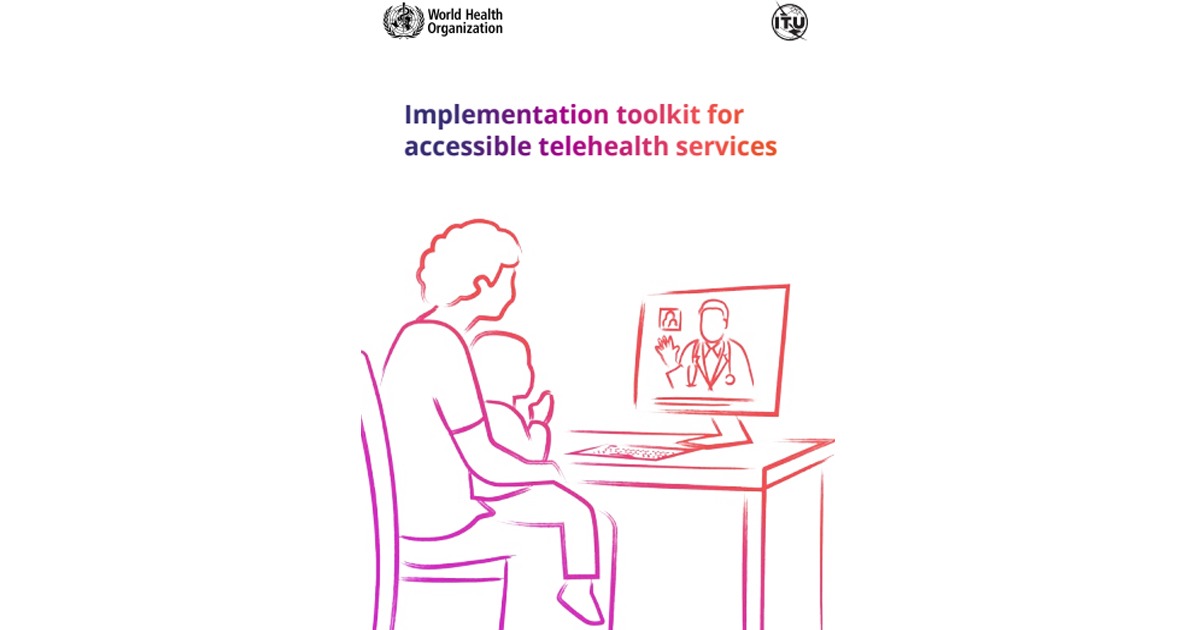Digital Health mobile applications have represented a major change in how medical researchers monitor and manage the health of clinical trial participants.
Mobile health apps have revolutionized the way patients are recruited, data collected, and how medical and clinical research is conducted in general. However, there are several challenges that must be faced, the most important being the abandonment by patients in studies that involve these new technologies.
Mobile apps offer various advantages such as easy accessibility; remote evaluation that allows avoiding or making fewer visits to the research site; the reduction of investigation times, among others. Similarly, it is possible to involve variables in real time depending on the objective of the study, for example, location data, physical activity, or lack of physical activity, weather, air quality, and more.
A literature review study published in The Journal of Medical Internet Research, aimed to identify the factors and strategies used to promote the participation and retention of adult participants in this type of study.
"Despite these overwhelming advantages, many mHealth studies experience high participant attrition due to the fundamental challenges of keeping participants engaged," the authors explain.
The authors carried out a systematic search in databases such as PubMed, MEDLINE and PsycINFO, of studies published between 2015 and 2020 on Digital Health or mobile health, which evaluated strategies or problems to improve the participation and retention of adult participants in studies.

The study used the Preferred Reporting Items for Systematic Reviews and Meta-Analysis (PRISMA) guidelines as a method, through which related topics were identified and the narrative of the studies was compared as a way of filtering the information related to the factors that affect or determine patient retention.
After searching, the authors found 389 studies, of which 62 were included in the review. Some of the factors that achieved commitment in participants were elements such as feedback, appropriate reminders and support in the use of the app. In the same way, they identified the factors that did not allow retention, such as the lack of support functions, technical difficulties and the app's usefulness.
“Research on the mass applications of ResearchKit (Apple-developed framework) at the population level appeared in both cases, using both successful and unsuccessful engagement and retention techniques. Although low barriers to initial entry could allow the recruitment of thousands of participants, the same characteristics also functioned as low barriers to exit. In addition, the high number of recruits also proved to be an adverse factor when retention is poor.
"Future research should consider how to best balance these needs and incorporate factors such as clinical status, provider referral, and compensation into recruitment plans for population-level applications," the authors explain.
Check out the full study here https://jmir.org/2022/4/e35120





